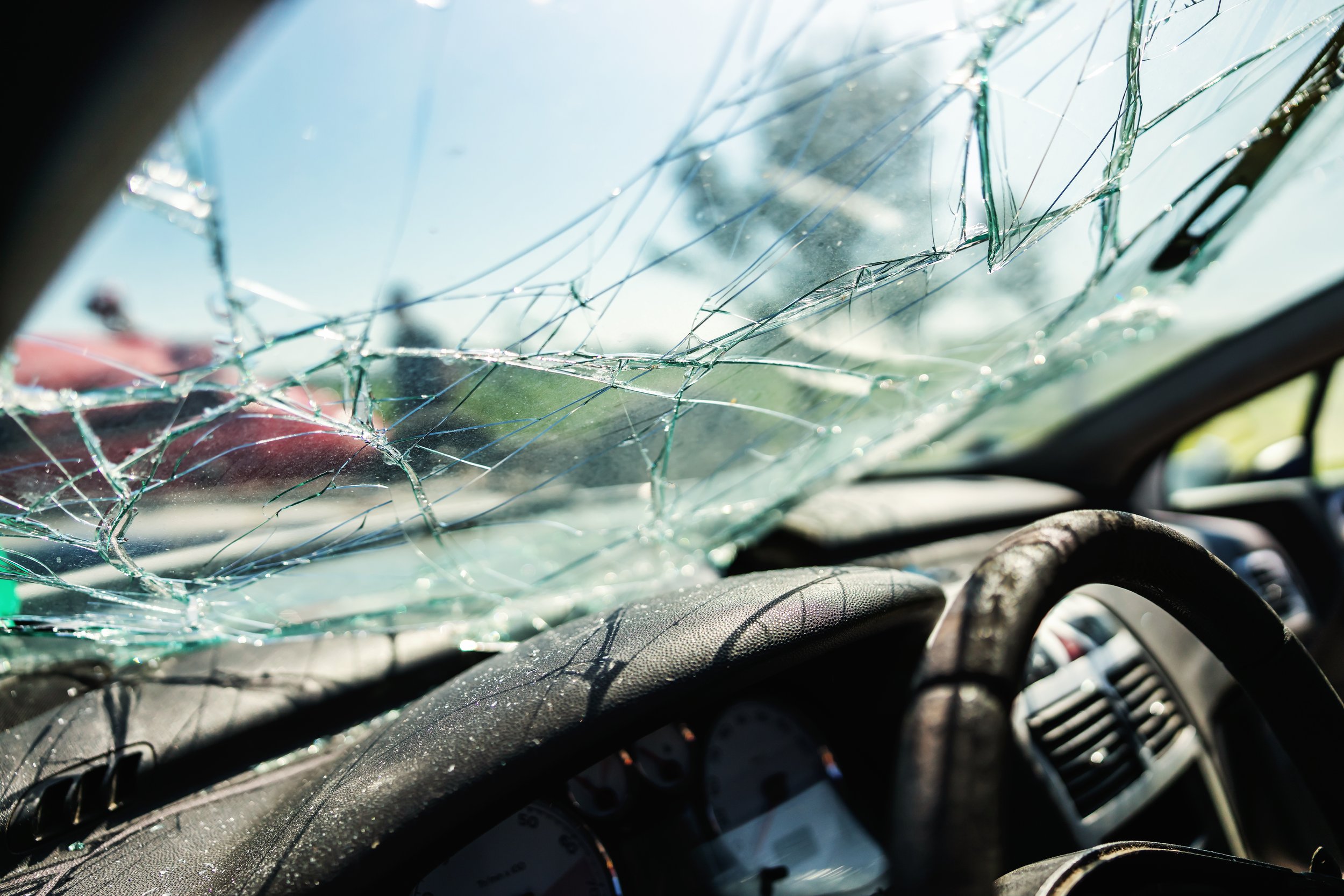
The Jurist Journal: An Edelstein Law Newsletter
A Comprehensive Guide to Personal Injury Law in Pennsylvania and New Jersey

Join our Newsletter: Never Miss Another Post
Stay informed and empowered with Edelstein Law’s Jurist Journal newsletter. Subscribe today to receive the latest updates on personal injury law, expert insights on sexual abuse cases, medical malpractice, auto accidents, and catastrophic injuries. Our dedicated team shares valuable content to help victims understand their rights and navigate the legal landscape. Join our community and ensure you never miss critical information that could impact your case or someone you know. Sign up now and be a step closer to securing the justice you deserve.

Navigating Motor Vehicle Accident Claims in NJ and PA: A Comprehensive Guide to Maximizing Your Recovery
Edelstein Law, LLP provides expert legal assistance for motor vehicle accident claims in New Jersey and Pennsylvania. Maximize your compensation with our experienced attorneys.
Navigating Medical Treatment After a Motor Vehicle Accident: A Comprehensive Guide
Learn how to effectively manage your medical treatment and legal claims after a motor vehicle accident with this comprehensive guide from Edelstein Law, LLP.


